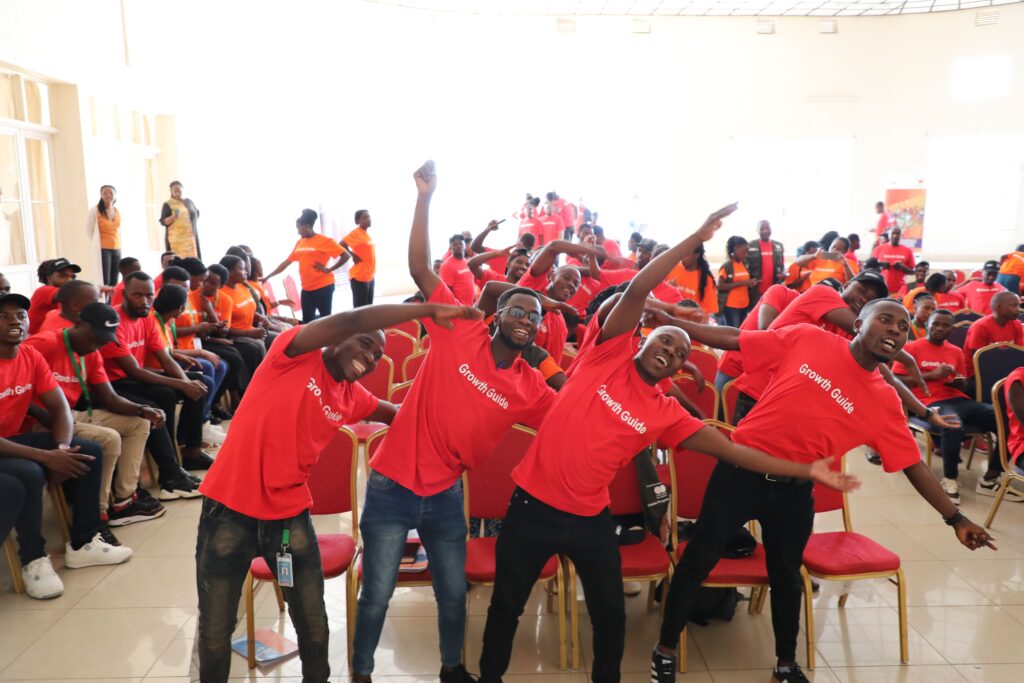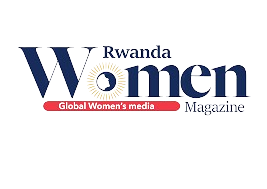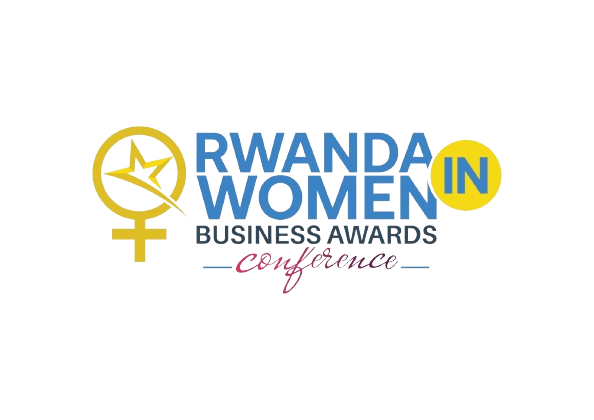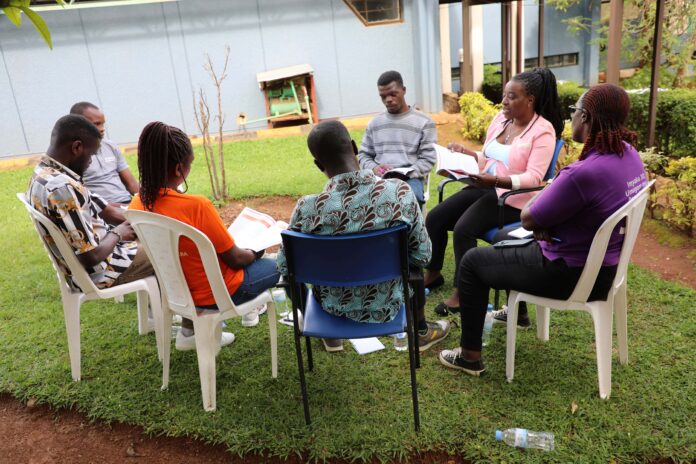Across Rwanda, a powerful shift is taking root, one that goes beyond financial inclusion to transform families and communities from within. At the heart of this change is Kataza, a program led by the Development Bank of Rwanda (BRD) with support from the Mastercard Foundation and implemented in partnership with RWAMREC, AMIR, AMI, MVEND, and I&M Bank.
Kataza opens doors for young Rwandan women by promoting inclusive and sustainable employment while breaking long-standing barriers around who earns, decides, and leads within households. RWAMREC plays a key role by involving men in the transformation, creating environments where women and men support each other equally.
A major milestone this year was the week-long training held in April 2025 at the Rwanda Institute for Cooperative, Entrepreneurship, and Microfinance (RICEM), where 216 young Growth Guides from across the country were trained to facilitate Journey of Transformation (JoT) sessions with couples in their home communities.

This training was deeply interactive and reflective. Through storytelling, role-plays, group discussions, and personal reflection, Growth Guides not only learned the JoT content but began to experience the transformation themselves. The JoT curriculum includes 12 modules on topics such as power, gender-based violence, women’s entrepreneurship, shared household responsibilities, and financial decision-making as a couple. Rather than offering top-down instruction, the JoT approach encourages open dialogue and self-reflection, helping couples challenge harmful norms and rebuild relationships rooted in respect and cooperation.
Take Christian, for instance. At first, he wasn’t confident he could lead such emotionally charged sessions. But by the end of the week, that had changed.
“I used to wonder whether I would be able to facilitate,” he said. “Now, after this training, I feel confident and ready to lead couples’ dialogue in the community.” He credited Gervais, a RWAMREC trainer, for supporting his journey: “He helped me build my confidence. He’s the reason I’ve reached this level.”
Odile, another Growth Guide, shared her own learning experience.
“When you gave us these JoT Modules, many of us felt overwhelmed. The materials seemed too big. I can’t believe we’ve read the whole thing now,” she said. “You showed us how to follow the steps, understand the exercises, and deliver key messages. Now, I truly feel ready to facilitate JoT for young women entrepreneurs with their partners.”
Each day of training emphasized learning by doing. Participants practiced facilitation, shared feedback, and supported one another emotionally. By the end, even the most hesitant had become confident, capable facilitators.
These 216 trained Growth Guides have now returned to their communities, equipped to lead JoT sessions, challenge harmful gender norms, promote women’s financial empowerment, and train others. They are now part of RWAMREC’s broader mission to promote gender equality by transforming masculinities and femininities through awareness, advocacy, capacity building, movement building, and service delivery.
Kataza is more than access to money, it’s a mindset shift. It builds brighter futures by encouraging shared responsibility and helping families grow stronger, together.



